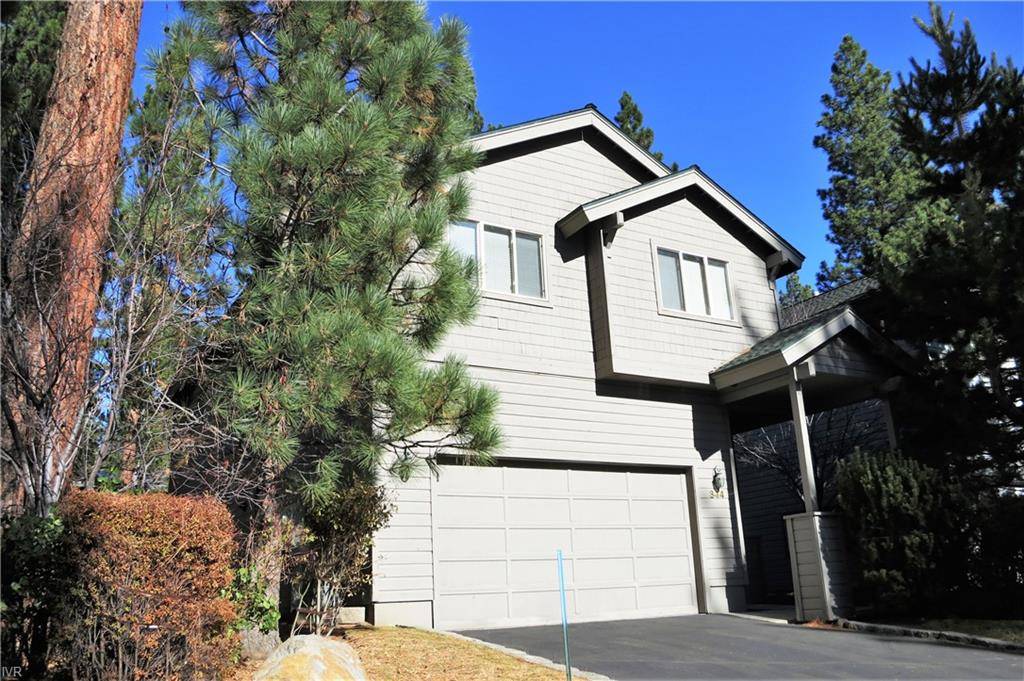Gone are the days when sellers could “throw” their homes on the market and have an accepted offer by the end of the week. With the real estate market slowing down to a crawl, sellers now have to be extra careful not to make mistakes when listing their homes for sale. The following are seven mistakes that could mean the difference between a sale and an expired listing:
Mistake 1: Putting the home on the market before it’s ready.
Most times this happens because the seller gets impatient or is a procrastinator and has pushed himself up against a moving deadline without getting the pre-sale work done. So it comes on the market with the horrible carpet (that gets replaced during the marketing of the home); or they are painting it while it goes on the market. Presentation is everything — so get the work done before marketing the property.
Mistake 2: Over improving the home for the neighborhood.
This happens with additions and upgrades that make the home stick out from among its competitors so much that it’s an anomaly, instead of a nice addition to the community. In Lake Tahoe, this is common in condominium developments. A gourmet kitchen may be a smart renovation in a home surrounded by higher-end homes, but in a condo located in a complex of lower priced units, it is an investment that will most likely not yield much of a return, if any.
Mistake 3: Pricing the home based on what the seller wants to net.
This pricing strategy always ends in failure. Sellers can control the “asking” price, but they don’t control the “sales” price. The market does. It doesn’t matter what the seller wants, the price is determined by the black-and-white, matter-of-fact reality of the market. A buyer doesn’t care if the seller needs a certain number if the home’s price is above what comparable sales support.
Mistake 4: Hiring an agent based on non-business factors.
Make sure you’re hiring a professional with a proven track record. It might be nice to hand over your largest asset to your nephew who just got his license — but make sure he has a mentor to keep your deal from going south.
Mistake 5: Getting emotionally involved in the sale of the home.
&nbs
p;
This is one of the biggest challenges home sellers face when putting their house on the market. Once you decide to sell your house, it’s no longer a home, but a commodity. It needs to be prepared as a commodity, marketed as a commodity, and priced as a commodity. It doesn’t matter what you “want,” only what the market can bear on pricing. People are going to come in to kick the tires, so to speak, and you can’t get emotional about how they may or may not appreciate the nuances of your home of seven years.
Also, sellers need to neutralize their homes. You may love your kitchen’s rooster wallpaper, but that doesn’t mean that everyone else will.
Mistake 6: Trying to cover up problems, or not disclosing them.
Most states have a property disclosure/disclaimer form — use it wisely. Just because you disclaim doesn’t mean you cannot be sued later for the leaky basement, or dilapidated heating/air system that’s discovered 30 days after settlement.
Mistake 7: Not making necessary repairs prior to listing the home.
If something needs to be fixed, do it before the home hits the market. Buyers want properties that are ready to move in, and balk at the thought of having to spend their time and money fixing things that were broken by the previous owner. Even if you offer to make repairs upon receiving an accepted offer, buyers may wonder what else could be wrong with the home.
Also, you may have lived for years with a leaky faucet or a loud furnace, but buyers should not be expected to live with those defects just because they didn’t bother you. Unless you market your home as a fixer upper and slash the price to represent this, make sure that every little knob is screwed in tight, every light bulb works, and every faucet shuts tight.
Mistake 8: Not getting your ducks lined up before trying to sell.
This would involve financing, reading the fine print on your current mortgage to ensure no pre-payment penalties, not listening to the particulars of your local market, etc. If your local market is dictating lower home prices, then lower it early, not later — it will cost you more. If the local market dictates selling your home first, then buying second, do it in that order, or vice versa.





